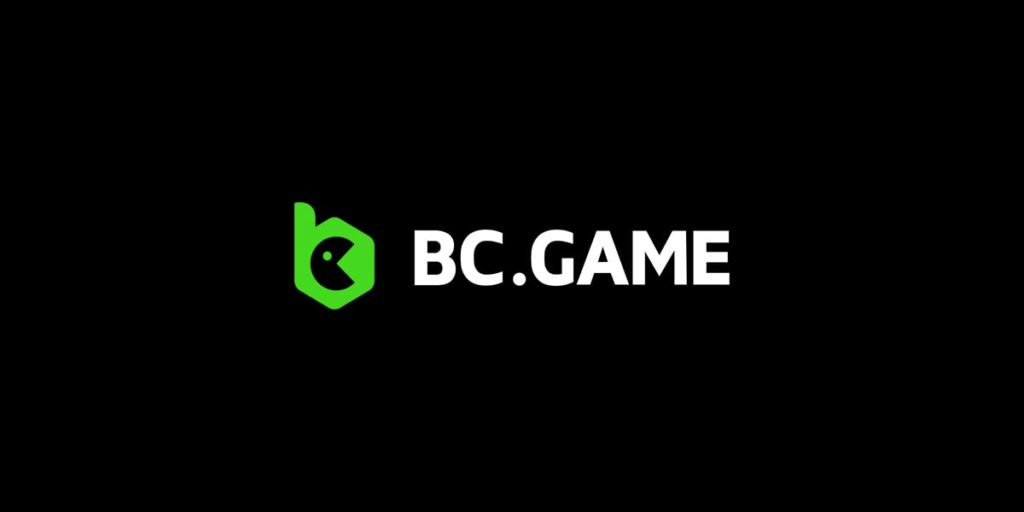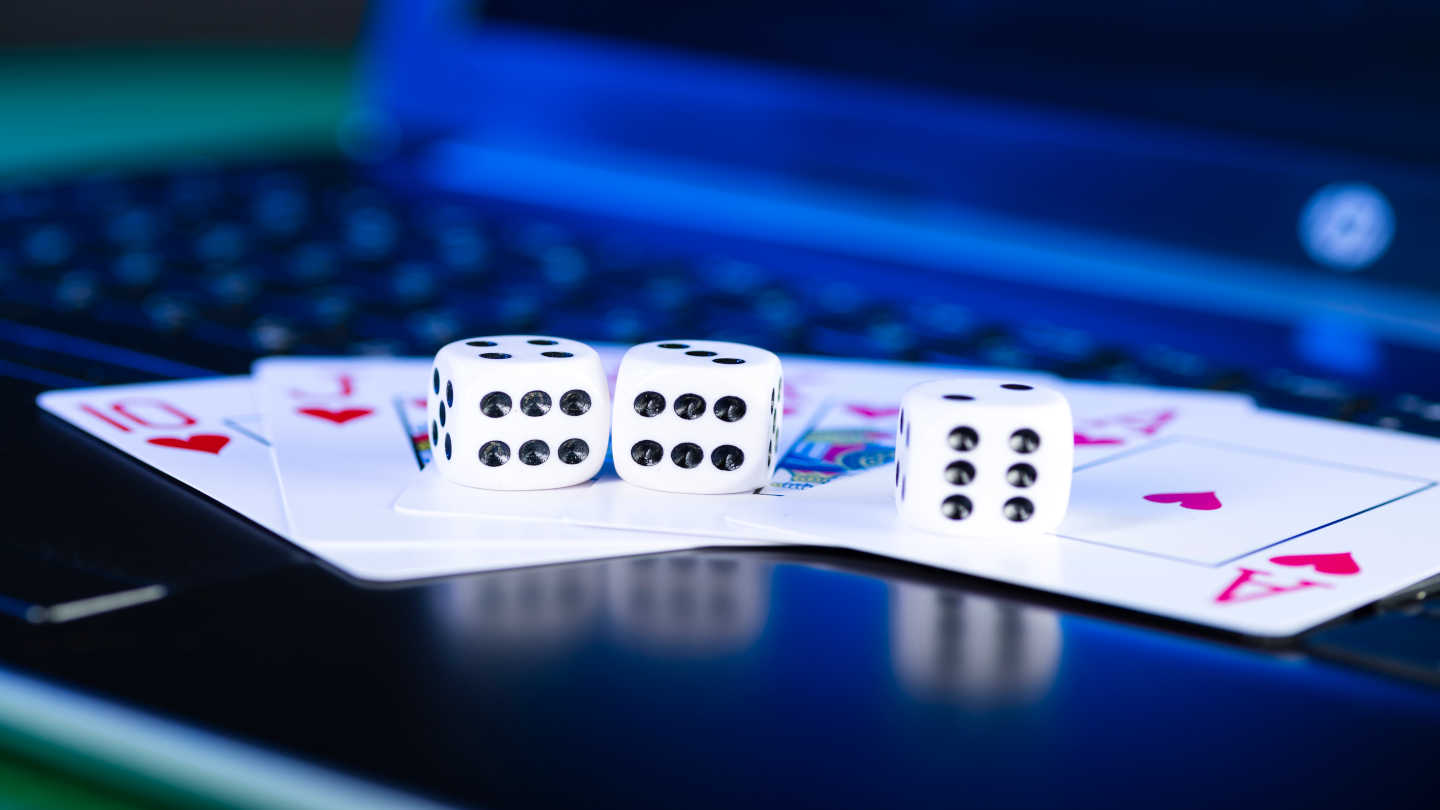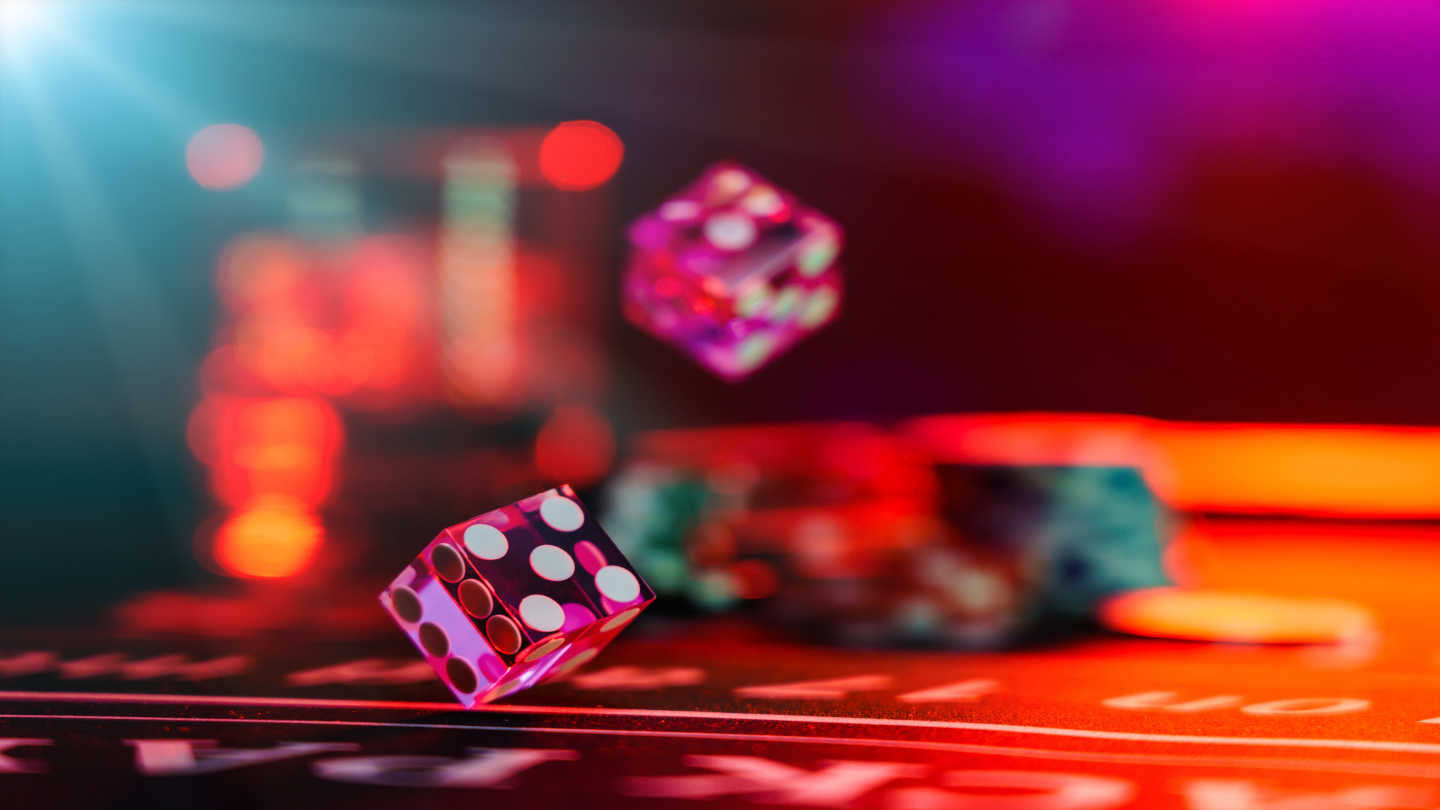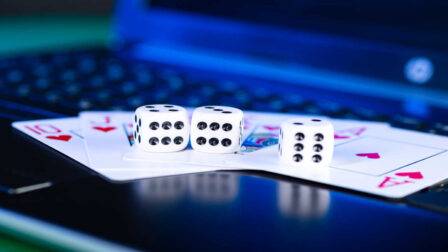The Skills That You Can Improve When You Play Card Games
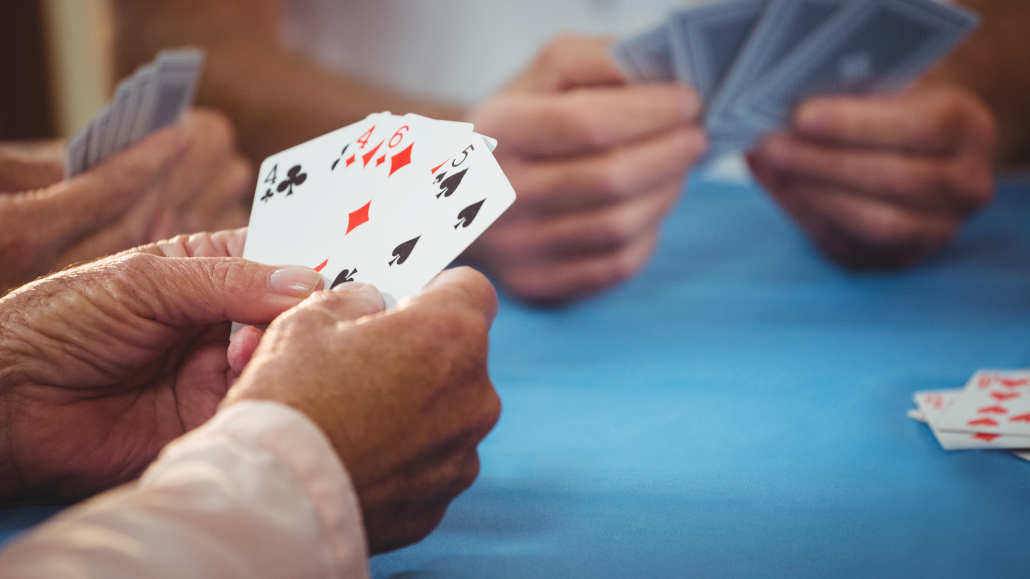
4 minutes
Last Updated: November 15, 2022
There are a vast number of incredibly useful skills that we can improve as we play the various different card games available to us.
This article shows which card games are the most widely played and then explains the skills that you can improve and, in fact, gain and develop as you play cards.
Improve Memory
The ability to remember the cards that have been played and be able to anticipate which cards have yet to be played is a great skill. Serious card players have the ability to do this and to do so over long periods of time.
Poker, solitaire, and snap are such games; to become good at these, you will need to remember the position of the cards or their value. There are also specific card games, such as Blink cards, that are specifically played to test and improve memory.
Quicker Computation and Mathematics
The ability to count and add quickly is at the heart of card games like blackjack – the aim of which is to end the game with a higher total than the dealer’s total without exceeding 21.
If you go over 21, this is known as ‘busting,’ which means an automatic loss. Sounds like a lot of counting, right? That’s why this game is great for fine-tuning quick brain computing and math skills.
For blackjack, which can be found here, you need to have the aforementioned skill in terms of remembering which cards have been played.
But you then also must be able to add the cards that you have been dealt as fast as you can to then make a decision as to whether you will fold, continue to play, or try to make another player fold.
Strategy Skills
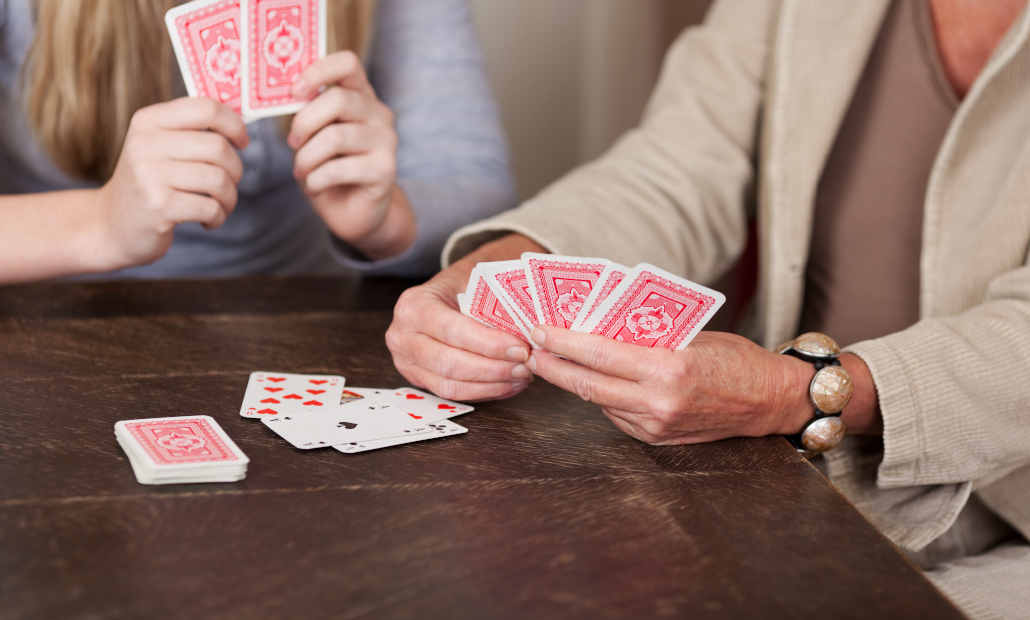
Being able to know which cards to play and when is a matter of strategy, as are the bets you make in poker and the ability to bluff and back a hand that isn’t great. Poker is arguably a game of skill and strategy, and playing on a regular basis will serve to develop these strategy skills and hone your ability to think ahead of other competitors.
Experience of Losing
There is no way to win every game or hand of cards, and as such, one of the best things to learn and deal with is the experience of losing.
This allows you to put the game into perspective, but losing is also a great life lesson that will serve to build your character and ideals of perseverance.
Just as every hand dealt presents the opportunity to win, so too does the same hand present an opportunity to lose; as a card player of any description, you need to understand this, and the sooner, the better.
Patience
The ability to sit tight and wait for a card is all about perseverance and patience. Yes, there are card games such as solitaire and patience (as well as rummy) where waiting for your card is just part and parcel of the game.
There are also card games that can take a long time, and having patience will be a key requirement if you aim to have a good time.
Furthermore, you may be dealt the kind of cards that require you to fold and wait for the next hand – again, something that requires you to be patient and just wait till the cards improve.
Social Skills
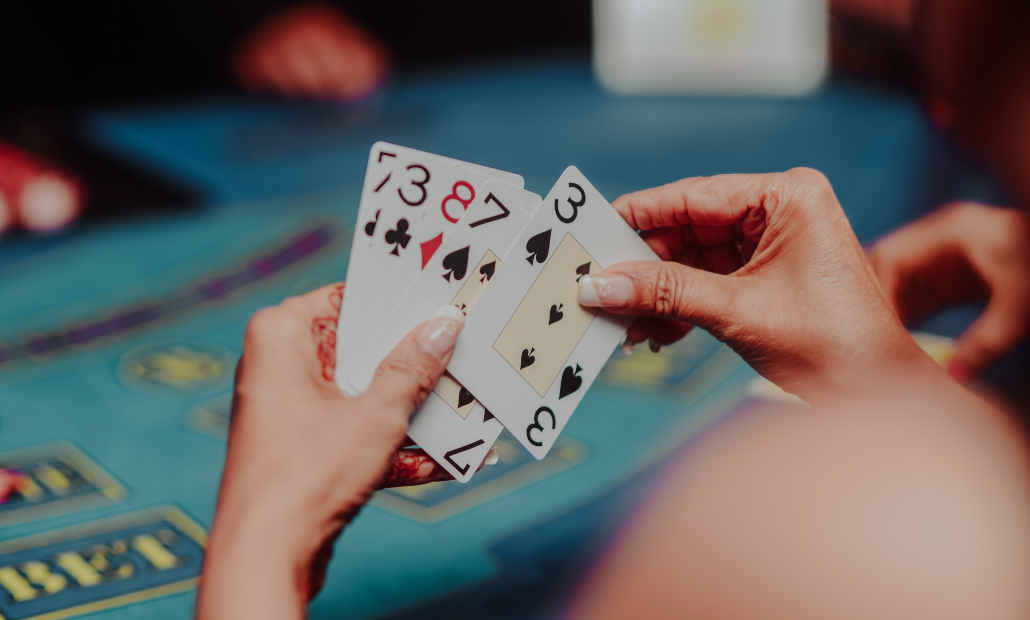
Being able to play cards with others (either at the bricks and mortar casino tables or online) and win and lose with the best of them requires you to be sociable and polite.
Reading people’s faces and body language as they bluff and bet is all part of a game like poker and will require strong social skills to be able to engage and interact with the same people who may be winning your money from you and from whom you intend to take your winnings from.
Problem-Solving
Yet again, poker is a game that necessitates problem-solving. You need to be able to make decisions based on the cards that you have and the cards that you think the other players around the table have.
You thus need to be able to problem solve and make quick judgments or decisions based on the information at hand, which often is not complete or as detailed as you would like it to be.
Risk-Taking
Depending on whether you are playing for real money or not, there is always an expected amount of risk that is associated with playing cards. It’s a great way to learn about risk and expected cost benefit from the games you play.
There is no guarantee of winning; every time you are dealt a hand of cards may be an opportunity to win, yet it could also result in a loss. Becoming used to this and understanding this truth will make you a better card player and provide a clearer understanding of risk.
The skills that have been discussed and elaborated upon in this article are the top skills that you can develop from playing cards. The trick will be to find a card game that works for you and that you enjoy playing.
Then simply sit back and enjoy it, and while you do, think about the skills mentioned here and begin to hone and improve them.










